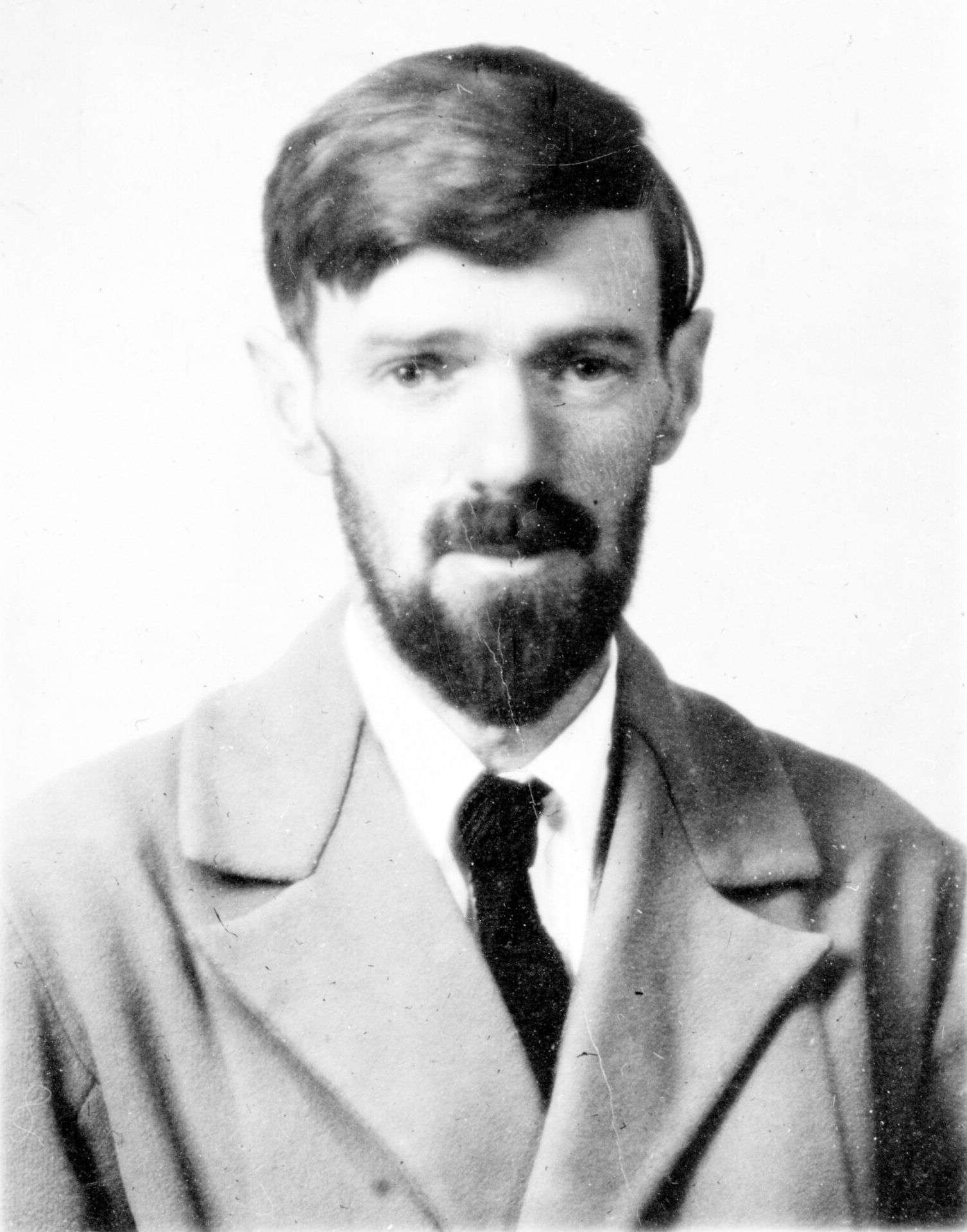
Yesterday I was talking about the empathy of Walt Whitman, a fraternal spirit of equality that if we kept in mind would allow us to listen to each other and have discussions about big issues rather than shouting matches. However there is another side to Whitman’s empathy, that D.H. Lawrence points out: perhaps it’s just egoism.
In Whitman’s poems, he often uses lists of different people and things and claims that he too is part of that through his empathy.
For example, from part 15 of “Song of Myself” (from the Whitman Archive.)
Torches shine in the dark that hangs on the Chattahooche or Altamahaw,
Patriarchs sit at supper with sons and grandsons and great-grand-
sons around them,
In walls of adobie, in canvas tents, rest hunters and trappers after
their day’s sport,
The city sleeps and the country sleeps,The living sleep for their time, the dead sleep for their time,The old husband sleeps by his wife and the young husband sleeps
by his wife;
And these tend inward to me, and I tend outward to them
And such as it is to be of these more or less I am,And of these one and all I weave the song of myself.
Well, poet D.H. Lawrance has something to say about that:
‘Whoever you are, to endless announcements-‘
‘And of these one and all I weave the song of myself.’Do you ? Well then, it just shows you haven’t got any self. It’s a mush, not a woven thing. A hotch-potch, not a tissue. Your self.
Oh, Walter, Walter, what have you done with it ? What have you done with yourself? With your own individual self? For it sounds as if it had all leaked out of you, leaked into the universe.
Post-mortem effects. The individuality had leaked out of him.
No, no, don’t lay this down to poetry. These are post- mortem effects. And Walt’s great poems are really huge fat tomb-plants, great rank graveyard growths.
All that false exuberance. All those lists of things boiled in one pudding-cloth! No, no!
I don’t want all those things inside me, thank you.
Oh, it gets better. Later in the same essay he says:
He reaches the state of ALLNESS.
And what then? It’s all empty. Just an empty Allness. An addled egg.
Walt wasn’t an Eskimo. A little, yellow, sly, cunning, greasy little Eskimo. And when Walt blandly assumed Allness, including Eskimoness, unto himself, he was just sucking the wind out of a blown egg-shell, no more. Eskimos are not minor little Walts. They are something that I am not, I know that. Outside the egg of my Allness chuckles the greasy little Eskimo. Outside the egg of Whitman’s Allness too.
But Walt wouldn’t have it. He was everything and every- thing was in him. He drove an automobile with a very fierce headlight, along the track of a fixed idea, through the dark- ness of this world. And he saw everything that way. Just as a motorist does in the night.
I, who happen to be asleep under the bushes in the dark, hoping a snake won’t crawl into my neck; I, seeing Walt go by in his great fierce poetic machine, think to myself: What a funny world that fellow sees!
ONE DIRECTION! toots Walt in the car, whizzing along it.
Whereas there are myriads of ways in the dark, not to mention trackless wildernesses, as anyone will know who cares to come off the road – even the Open Road.
ONE DIRECTION! whoops America, and sets off also in an automobile.
ALLNESS! shrieks Walt at a cross-road, going whizz over an unwary Red Indian.
ONE IDENTITY! chants democratic En Masse, pelting behind in motor-cars, oblivious of the corpses under the wheels.
From what I understand, Lawrence really liked Whitman’s poetry. But his point, the sense that equality means we are all one and the same, is flawed. And said so well.